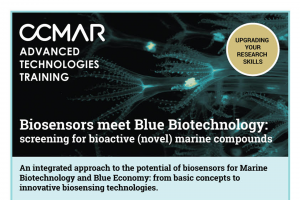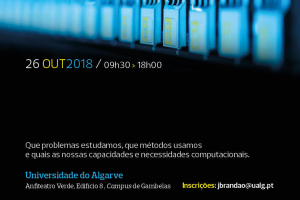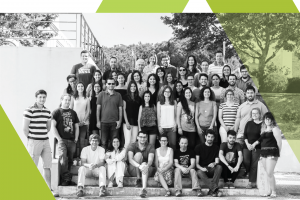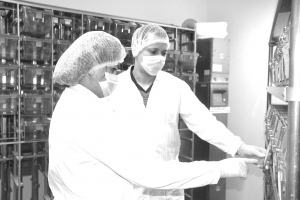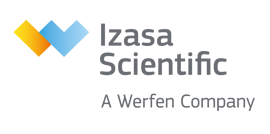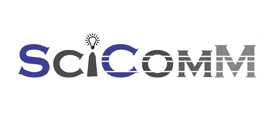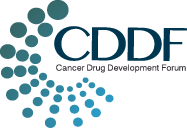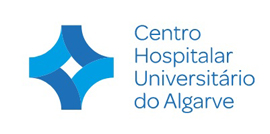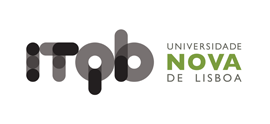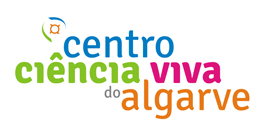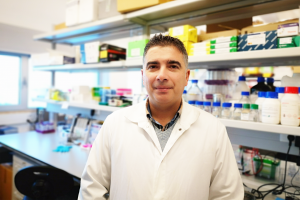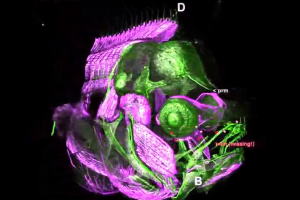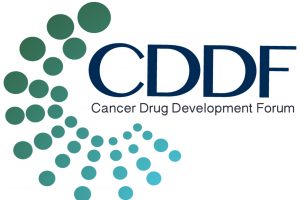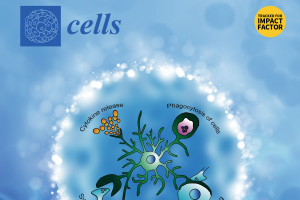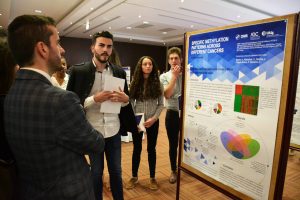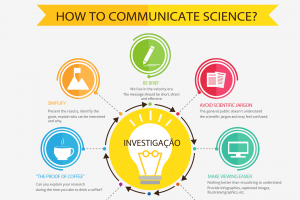Science communication is part of everyday life for scientists. They often communicate with their peers, many give public talks and speak to journalists, write for blogs and newspapers, appear on TV or engage in public discussions. But this is far from saying that all scientists engage in public communication!
Some scientific areas are more lacking than others when it comes to public communication, with, perhaps surprisingly, health and medical sciences amongst the areas that communicate least with the public, as my research shows.
In fact, we still see reluctance from many scientists to engage with the public. This is at best surprising. Global health faces many challenges, from infections and spread of diseases to the health risks of environment pollution, all of which call for public engagement. Also, there is considerable public demand for health and medical communication, with medical discoveries garnering amongst the highest levels of interest from the public.
Besides, scientists are regarded by the public as the most trusted providers of scientific information! If I, as a non-specialist, tell people how I think they should treat an illness, I might not be taken seriously. But if that information is offered by a specialist, it would certainly be more likely to have an impact.
We rely on science throughout our lives, from elementary things such as how to improve our health, to more complex issues such as informing our positions on scientific controversies; or even for entertainment. Even with science playing such an important role, opportunities for the public to participate in science in meaningful ways are limited and often constrained to the traditional media communication or to the oldest form of ‘public lectures’.
More than three decades ago, the Royal Society in their influential report (1985) delivered an ‘urgent message’ emphasising scientists’ role in public communication saying ‘Scientists must learn to communicate with the public, be willing to do so and consider it [their] duty to do so”. This simple and clear message delivered by an organisation of great standing, was a benchmark in highlighting the importance of science communication by scientists; and this has certainly driven change.
It is very encouraging to see more scientists engaging in science communication and seeing it as their duty; also, the increase in activity is predicted to continue if conditions are met (e.g. funding, staff at research institutions), as my current research shows. But more still needs to be done. While training is important, institutional support and the right means of communication are important too. But it is also important to address the old ‘deficit’ image of the public and its relation to science that is still very present among scientists; for example, we know that negative views of the public are linked to lower involvement of scientists in public communication.
I think that science communication is the essence of science. Scientific knowledge only takes shape when communicated and various actors from scientists, to local communities, to patients, to journalists, to the public, work together.
Science communication is not a one-way process from scientists to ‘consumers’ of knowledge. It is a richer, more dynamic, multi-directional activity in which various publics interact and learn from each other.
Nowadays, with research institutions building their capacity to support scientists in their public engagement work, and the new approaches and means of communications, public communication activities have become more appealing, enjoyable, and fun for scientists.
It is then very exciting, and timely, to see the Biomedical Research Centre (CBMR) of the University of Algarve to launch the Science Communication Platform, dedicated to communicating health and medical sciences with the public and engaging citizens in the research conducted at CBMR, while also bringing information about the work of research groups around the world.
I believe that this platform will empower this important scientific community to engage more with the public and at the same time address the need for public engagement in the medical sciences.
It is now up to CBMR researchers and the various publics to make it a meaningful and unique resource for medical science communication in Portugal!
![]()
Marie Curie Fellow at LSE
2016 European Young Researcher Award (EYRA) winner




